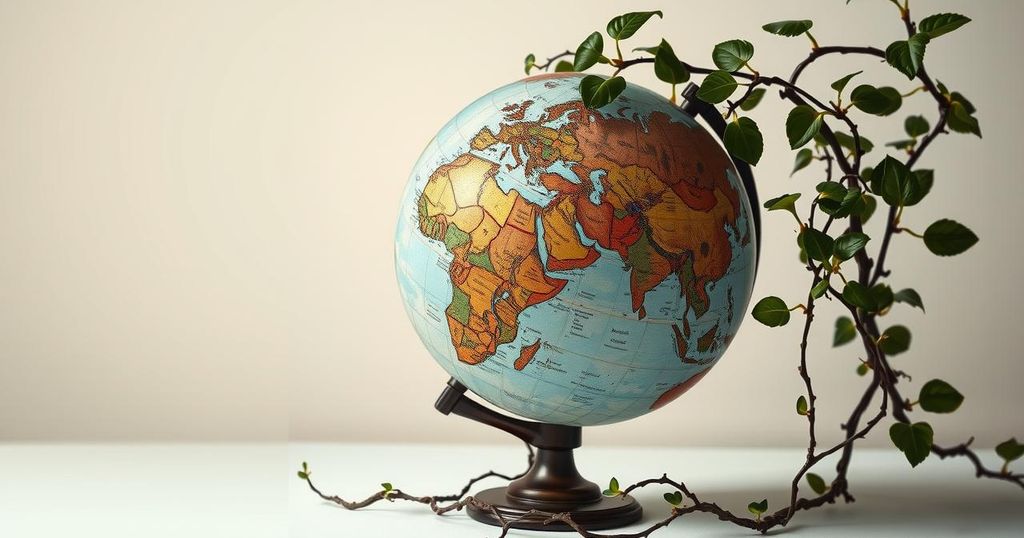S. Jaishankar Defends India’s Democracy at Munich Security Conference

At the Munich Security Conference, S. Jaishankar defended India’s democratic strength against claims that global democracy is faltering. He cited high voter turnout and the benefits of democratic governance in India, arguing for a recognition of diverse democratic models globally. Jaishankar criticized the West for its historical perception of democracy as solely a Western attribute and called for a collaborative approach in promoting democratic practices.
During the Munich Security Conference, Indian External Affairs Minister S. Jaishankar asserted that democracy is not in universal trouble, countering a prevailing narrative among Western leaders. He emphasized India’s strong democratic participation, citing that about 700 million people voted in the last national election, illustrating a marked increase in voter turnout compared to previous decades.
Jaishankar highlighted India’s effective democratic practices, noting that approximately two-thirds of eligible voters participate in elections, which he views as a sign of optimism in Indian democracy. He pointed out that democracy delivers essential services, including food support for 800 million people, linking democracy to tangible benefits in his region.
Addressing a comment from US Senator Elissa Slotkin about democracy’s limitations, Jaishankar noted that for many in India, democracy directly contributes to substantial nutrition and welfare programs. He urged that different global regions experience distinct democratic realities and the discourse on democracy should reflect these variations rather than assume a singular challenge.
In discussing aspirations for democracy in the Global South, Jaishankar recognized the uniqueness of large countries but expressed a hope for a universal aspiration towards democratic governance, rooted in India’s historical context. He criticized the West’s long-standing perception of democracy as an exclusively Western trait and highlighted how it has previously supported non-democratic forces in other nations.
Jaishankar stressed that despite challenges, India remains committed to its democratic model, offering a successful example for the West to consider. He encouraged a reevaluation of how the West engages with successful non-Western democratic practices, asserting that global democracy’s future may depend on recognizing and adopting these diverse models.
In summary, Jaishankar presented a strong defense of India’s democratic resilience at the Munich Security Conference, contrasting it with Western criticisms. He emphasized India’s high voter participation and successful social programs linked to democracy, advocating for a broader understanding of democratic success that includes non-Western perspectives. His remarks suggest that a collaborative approach towards global democratic practices could enhance democratic resilience worldwide.
Original Source: www.ndtv.com







